One of my favourite things about Jeremy Corbyn, beyond the beard (I do like beards) and the way he was photographed in the Times the other day unabashedly wearing sandals with socks (spunky; no quarter given) is his embrace of dissent as a virtue. Which is a virtue born of necessity, obviously, on account of the way that there are only about six people in the Parliamentary Labour Party who don’t disagree with him on everything, and they’re not safe on telly, either.
Already a subscriber? Log in
Subscribe for just $2 a week
Try a month of The Spectator Australia absolutely free and without commitment. Not only that but – if you choose to continue – you’ll pay just $2 a week for your first year.
- Unlimited access to spectator.com.au and app
- The weekly edition on the Spectator Australia app
- Spectator podcasts and newsletters
- Full access to spectator.co.uk
Or


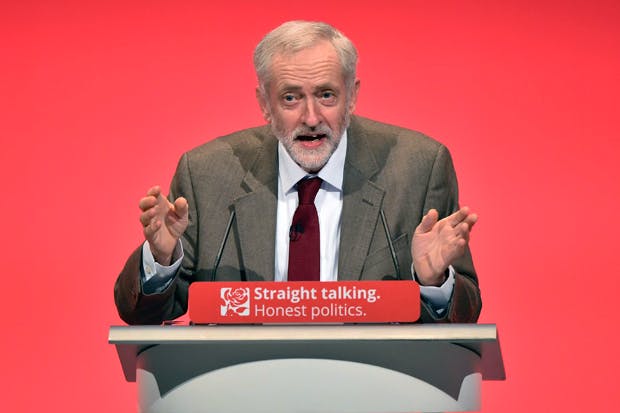
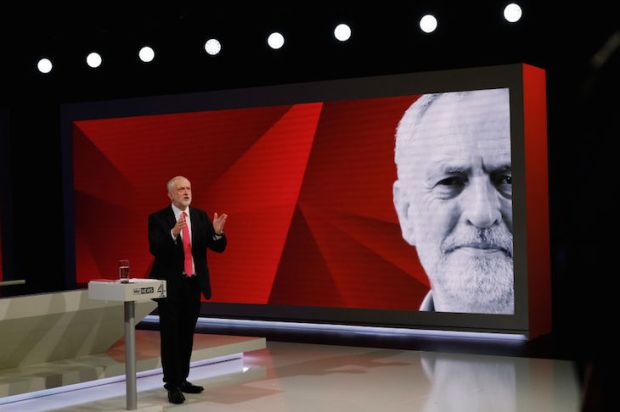
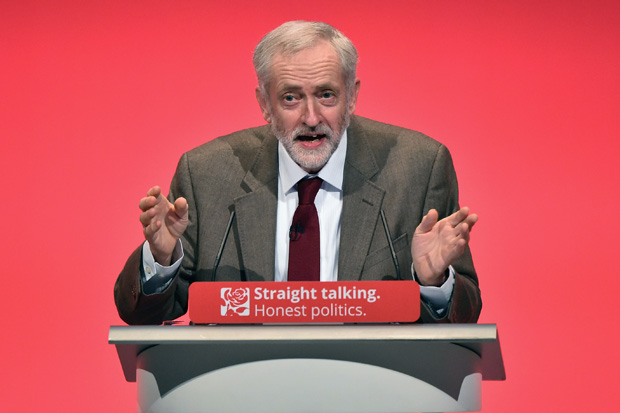
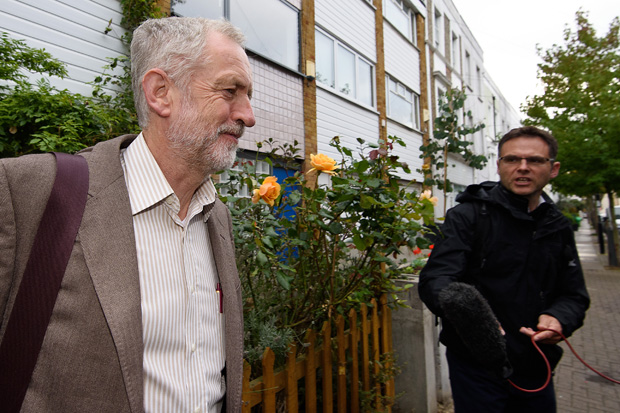

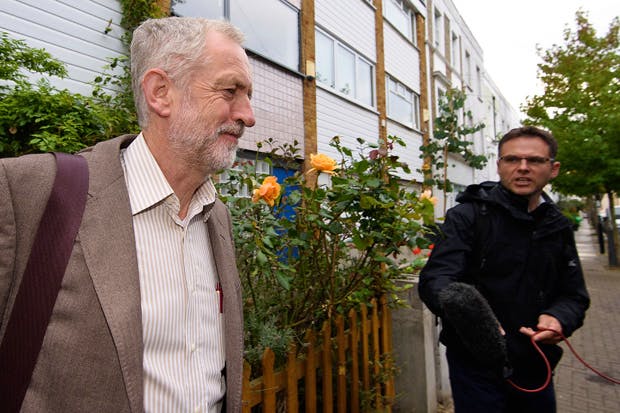
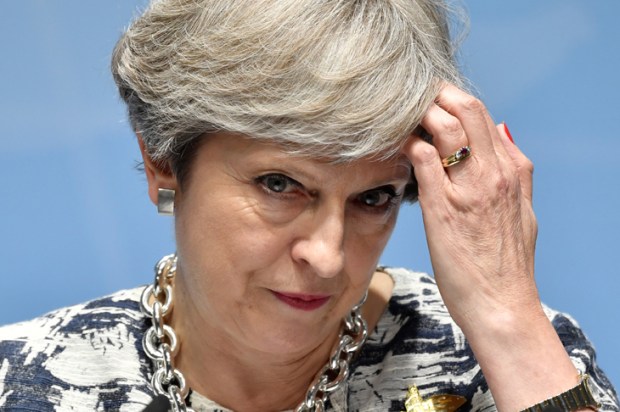






Comments
Don't miss out
Join the conversation with other Spectator Australia readers. Subscribe to leave a comment.
SUBSCRIBEAlready a subscriber? Log in